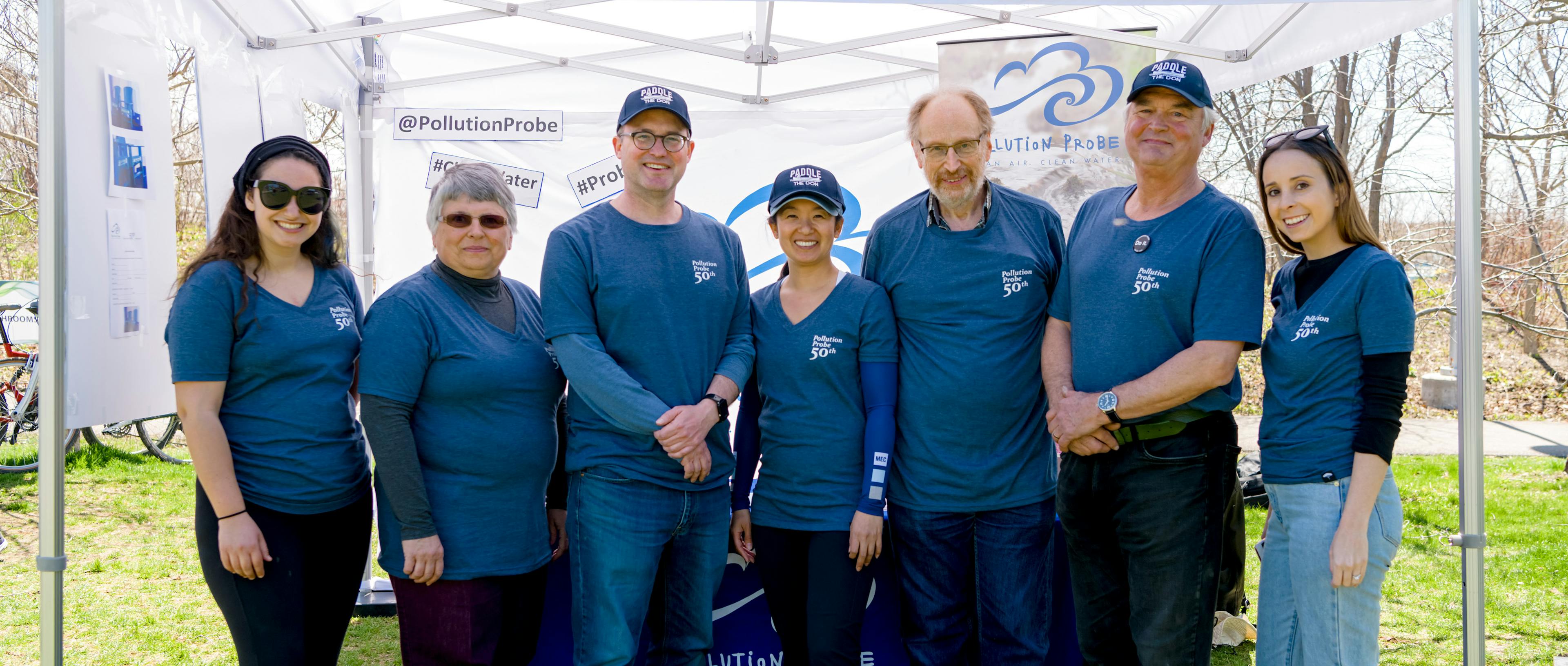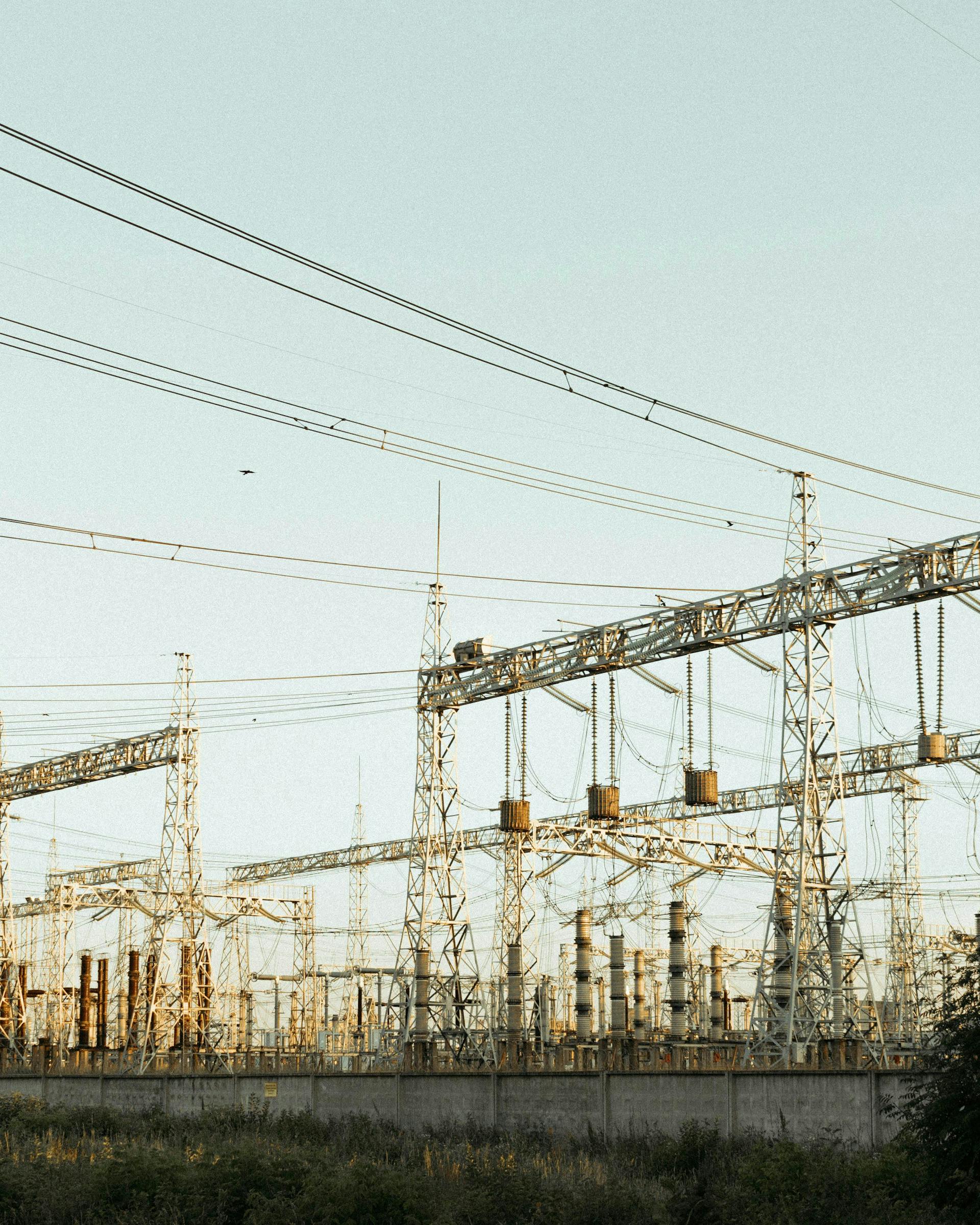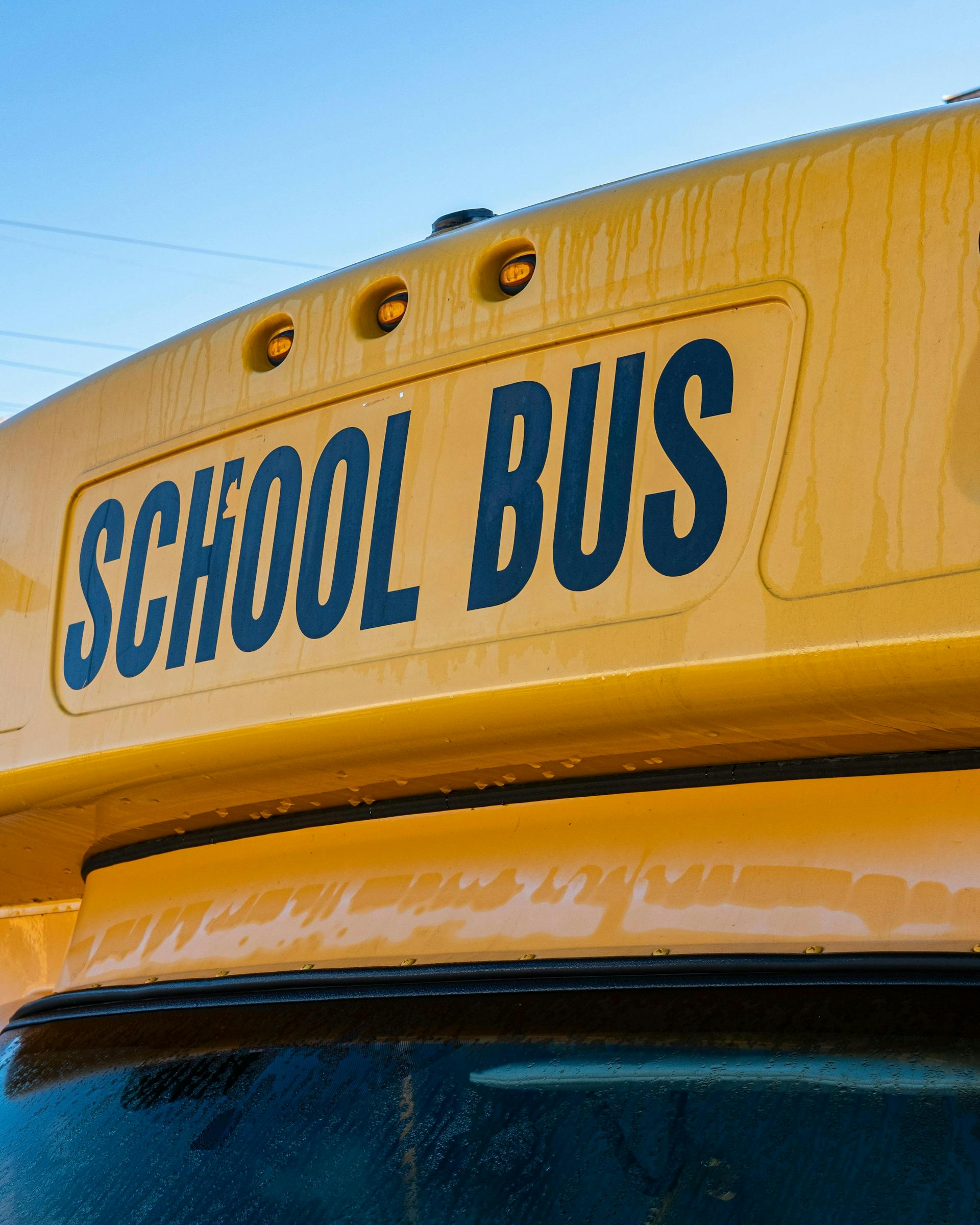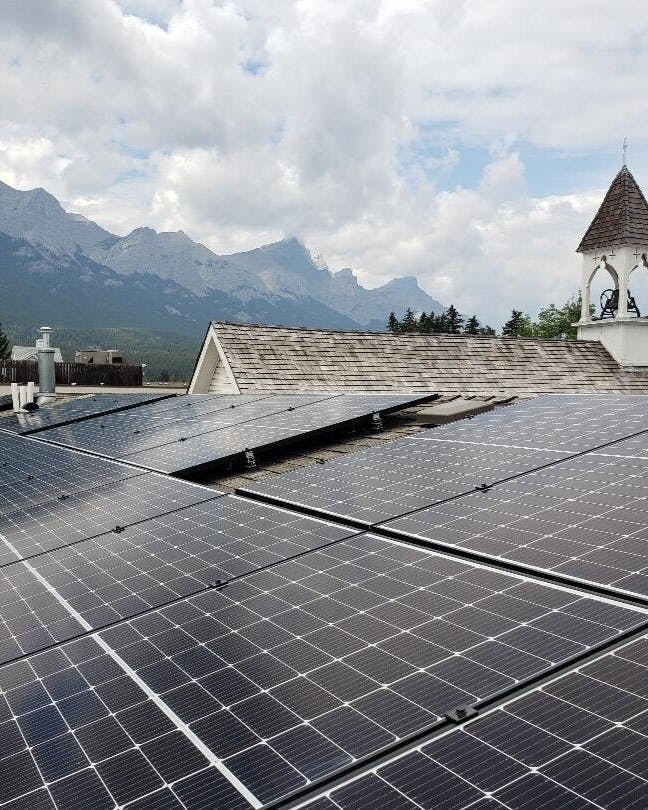Alberta electric school bus deployment project
Calgary
Climate Resilience & Emissions Reduction

A team of low-carbon transportation experts from Pollution Probe, RFS Energy and Southland Transportation conducted Calgary’s first-ever electric school bus pilot project during the 2022-23 school year. The fully electric bus operated within Southland's fleet, with data on energy consumption, maintenance and fueling costs collected and analyzed, particularly focusing on cold weather performance. The findings were summarized in two reports—a technical report and a business case report—designed to support electric school bus (ESB) adoption among fleet operators and stakeholders.
Technical report: this report provides essential insights for fleet operators to identify viable routes for electrification, especially during winter conditions. It helps assess the need for ESBs with larger batteries, leveraging the availability of multiple battery sizes from manufacturers. The report also includes reliable estimates of yearly energy consumption and required battery capacity, key elements for financial assessments related to deploying ESBs.
Business case report: this report outlines the financial case for ESBs compared to diesel buses, based on costs and energy consumption observed during the pilot. It evaluates capital and operational costs, highlighting the impact of federal financial incentives available to the sector. Fleets in Calgary can use this information to assess the financial feasibility of ESBs under local conditions.
As part of the project, Southland Transportation received assistance in completing a federal funding application to purchase 10 electric school buses for a Calgary yard. The application is in its final stages, with deployment expected next year.
This pilot tested one of the two main ESB manufacturers in Canada. To fully assess ESB viability, fleet operators require additional real-world data from other manufacturers, including their use of auxiliary heaters to extend range.
Next steps: scaling electric school buses will require studies to raise awareness of charging infrastructure and charging management software to balance high power loads for larger fleets. Innovative approaches to deploying large-scale charging infrastructure will be critical to reducing ESB ownership costs, further promoting adoption.
Related projects
Explore a showcase of projects that we've funded.



